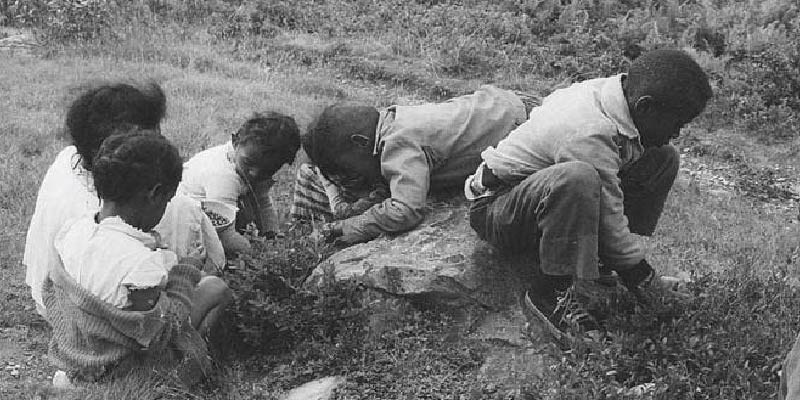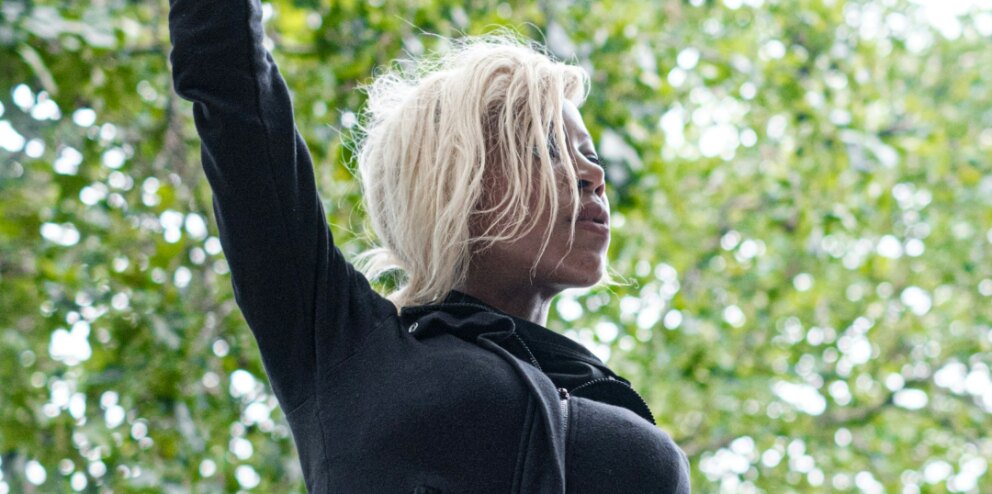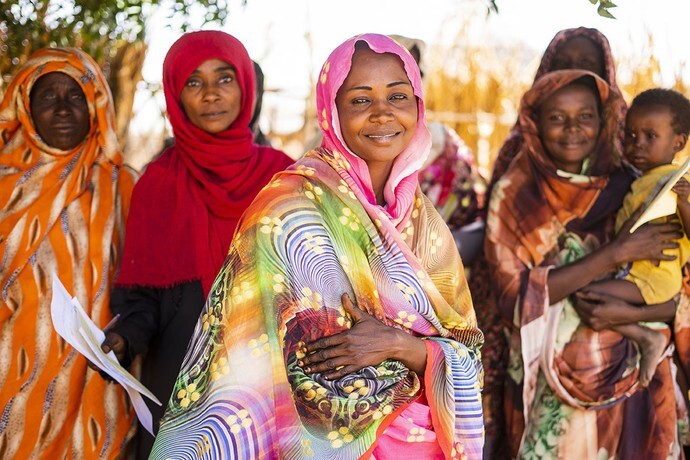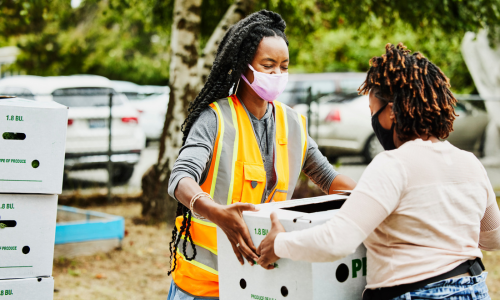This blog was provided by the Africville Museum.
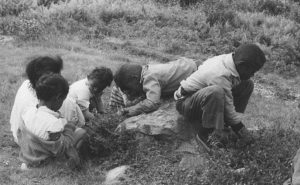
The History of Africville
The community of Africville dates back more than two hundred years, making it the oldest urban community of African Canadians. Located on the northern shore of Halifax Harbour, it was home to two churches, a school, a post office, a grocery store, and various businesses. People worked as seamstresses, railroad porters, and factory workers. Children swam, played sports, and picked blueberries. Everyone knew their neighbours and enjoyed the comforts of living in a safe community.
Although tax-paying citizens, the community of Africville did not receive the benefits of municipal services like running water, garbage collection, paved roads, or sewage. A railroad was also placed in the middle of the community. An abattoir, infectious disease hospital, bone crushing plant, prison, and open dump soon joined them. All of these conditions created hardships and unhealthy surroundings, but the community did not sit idly by — they demanded better conditions.
In the 1960’s, Africville was destroyed under the banner of “urban renewal.” Despite community objections, homes were bulldozed to make way for industrial development. In 2010, the people of Africville finally received an apology from the City of Halifax. With the apology came 2.5 acres to the Africville Heritage Trust (AHT) and money to build the replica of Seaview Baptist Church which hosts the Africville Museum.
Sharing the History of Africville
Every summer, at the end of July, former residents, descendants, relatives, family and friends reunite at the annual Africville Reunion. A big celebration, the reunion is filled with good food and good conversations. Hosted by the Africville Genealogy Society, the organization was founded in 1983 in hopes of keeping people connected to one another. The reunion and national database are just some examples of how the story of Africville is kept alive.
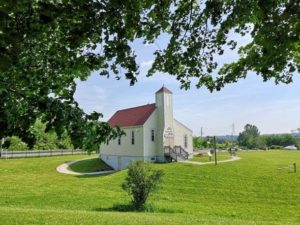
The Africville Museum serves as the historical conservator of the history of the place and its people. It is also a connector to communities far and wide in an effort to bridge conversations and understandings about what is important about the story of Africville and how it connects to other marginalized communities.
In the last two years, the Africville Museum has partnered with various community groups across the country and beyond in the fields of education, urban planning, health and economics — all vital conversations to building and preserving communities.
The Africville Heritage Trust Scholarship fund was established to assist descendants of Africville in the pursuit of higher learning. The fund distributes $5,000 yearly and to date has distributed more than $45,000.
As COVID-19 closed the doors to businesses all over the world, the Africville Museum was challenged with ways of continuing to engage communities in a safe and enjoyable way. In the summer of 2020, an old seacan storage unit was converted into a work of art. A mural displaying the likes of Africville born boxing legend George Dixon was created and unveiled in an outdoor social distancing event.
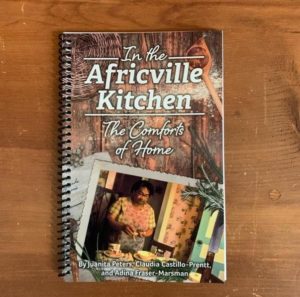
In the fall of 2020, an exhibit that was scheduled to travel was repurposed as a backdrop for a new social distancing experience. Inside a yurt, people could stand in their own bubbles and experience Africville Ghosts. Throughout the spring and summer, people enjoyed free yoga and tai-chi classes on the land, overlooking the water. In the fall, In the Africville Kitchen: The Comforts of Home, was created and hit the shelves. Filled with local community recipes, it is a unique piece of history. It is so important to share stories in new and creative ways.
Learn more and make a donation in support of Africville Museum to help preserve and share history. Visit africvillemuseum.org to learn more about the history of Africville.
Updated on November 4, 2024
Donate Now

